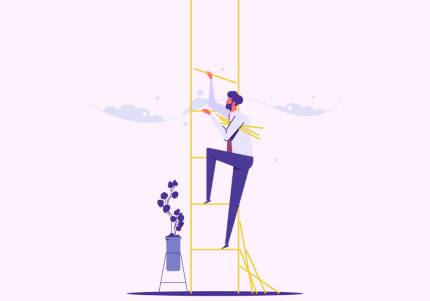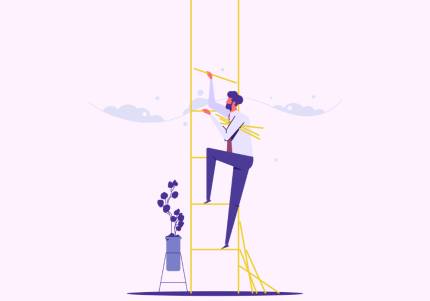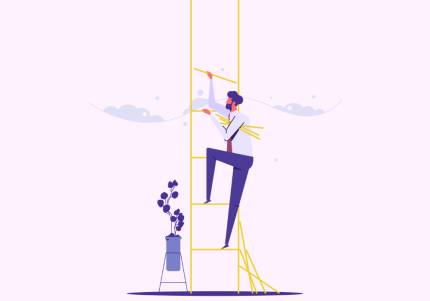How Gamified Job Aptitude Assessment Tools Are Changing the Career Game
- 12 May 2025

Finding your perfect career path has never been more engaging thanks to innovative approaches in the job aptitude assessment industry. Gone are the days of tedious questionnaires that left you wondering "what job should i do quiz" results actually mean. Today's gamified platforms transform the process into an interactive experience that provides deeper insights while keeping users engaged.
The evolution of the traditional career aptitude test for free online has been remarkable over the past decade. Modern platforms incorporate elements like storytelling, role-playing scenarios, and point systems that make the discovery process feel less like an examination and more like exploration. Taking a free job test now often involves solving puzzles or navigating through virtual work environments that simulate real-world challenges.
The Benefits of Gamified Career Testing
When users ask "what is right career me quiz free" in search engines, they're increasingly being directed to gamified options for good reason. These innovative approaches offer several advantages over traditional assessments:
- Higher completion rates due to increased engagement
- More authentic responses as users are less conscious of being evaluated
- Better data collection through behavioral analysis, not just self-reporting
- Enhanced user experience that encourages sharing and return visits
- More nuanced results that capture subtle personality traits
Employers are taking notice too, with many now incorporating aspects of the "what job should i have quiz" format into their recruitment processes. These engaging assessments help identify candidates whose aptitudes may not be immediately apparent from traditional resumes or interviews.
Popular Formats in Gamified Career Testing
The question of "what job fits me best" is being answered through increasingly sophisticated game mechanics. Here's how different platforms are implementing gamification:
| Game Format | Career Insights Provided | Best For |
|---|---|---|
| Adventure Quests | Problem-solving style, risk tolerance | Creative and leadership roles |
| Simulation Games | Practical skills, attention to detail | Technical and specialized positions |
| Personality Islands | Work style preferences, team dynamics | Collaborative environments |
| Skill Challenges | Aptitudes, learning capacity | Entry-level candidates |
The extensive accessibility of free career finder tools has democratized professional guidance that was once available only through expensive career counseling. Students and career-changers can now access sophisticated assessments without financial barriers, leading to better-informed decisions about education and training investments.
The best career finder for free platforms now incorporate machine learning algorithms that improve recommendations based on aggregate user data and outcomes. The popular "job suits me quiz" format has evolved to include follow-up assessments that track satisfaction with recommendations over time.
The Future of Career Assessment
As technology advances, the "what job best fits me test" concept continues to evolve in exciting ways. Virtual reality experiences are beginning to offer immersive job simulations that provide unprecedented insight into career compatibility. The traditional job interest test is being enhanced with biometric feedback that measures subtle emotional responses to different scenarios.
Leading career finder quiz developers are incorporating AI chatbots that can discuss results and answer questions about potential career paths. The static job survey quiz of yesterday has transformed into an ongoing career companion that adapts as users gain skills and experience.
For those wondering "what jobs should i do" in an increasingly complex job market, these gamified tools offer clarity through engagement rather than tedium. As these platforms continue to evolve, the line between career assessment and career training will likely blur, creating seamless pathways from discovery to skill development.



